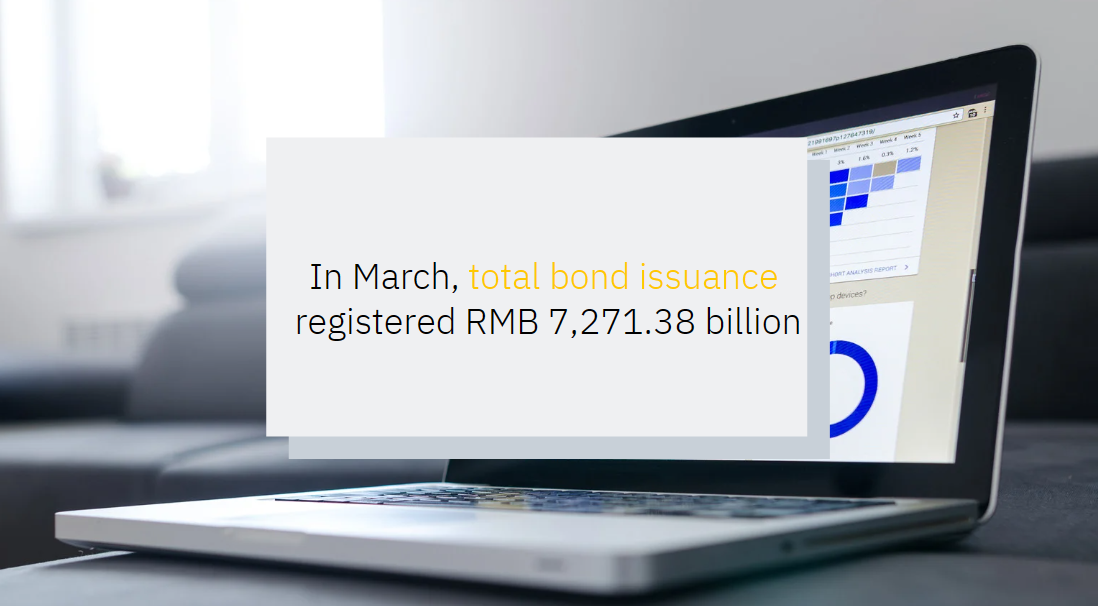Faster securities account transfers: consumers benefit from supervisory requirements
In March of last year, BaFin for the first time defined a specific timeframe for securities account transfers and published FAQs on the new requirements. Did this have a positive effect, particularly with regard to waiting times for consumers?
This was just one of the questions BaFin sought to answer in its recent market survey. The results of the survey are encouraging: the clarification provided by BaFin has had a positive effect. Processing times have been significantly shortened, and consumers can now expect faster securities transfers.
Market survey on securities account transfers
For its market survey, which was carried out in November and December 2022, BaFin collected data on securities account transfers over the past three years from ten institutions from the category cooperative banks and Sparkassen, and ten institutions from the category private and foreign banks. This included data on transfer orders, complaints and average waiting times, in addition to the staff numbers made available by the institutions to process securities account transfers. Qualitative aspects were also taken into consideration, for example with regard to lean and digital processes.
Processing times in the context of higher numbers of transfer requests
In 2020, many retail clients began investing on the stock exchange for the first time. At the same time, experienced investors paid much closer attention to costs and were more likely to switch provider. Online brokers therefore reported record numbers of clients opening new securities accounts. BaFin’s survey shows that clients were even more likely to switch provider in the years that followed. The number of transfer requests received by institutions rose continuously. In the first quarter of 2022, the number of transfers was 34% higher than in the first quarter of 2020, thus reaching a new record. Following this, transfers fell slightly, but remained significantly higher than in 2020.
BaFin was particularly interested in the effect of increased transfer requests on processing times for securities account transfers. The results showed that securities accounts can typically be transferred within a few days. Over 90% were processed within ten days.
Particularly in the 2nd and 3rd quarter of 2022, immediately following publication of BaFin’s FAQs, institutions increased the speed with which they processed securities account transfers. In the 3rd quarter of 2022, consumers’ mean waiting times had fallen by an average of 35% compared with the average waiting times in 2020 and 2021. This corresponds to a reduction of around two days compared with 2021 and over five days compared to 2020. The average waiting time in the 3rd quarter of 2022 was therefore just under six days. Following publication of the FAQs, processing times longer than three weeks were also seen less frequently. During this time, they corresponded to only 2% of all transfers. This was the lowest level in the three years covered by the survey.
The shorter processing times have made one thing clear: consumers have directly benefited from clarification by BaFin and can now expect securities transfers to be processed much faster. While a difference of two days may not seem like much, when it comes to securities account transfers, every day counts.
Benefits for institutions
And there are advantages for institutions too: they are receiving fewer complaints in relation to securities account transfers. This became clear in particular in the 3rd quarter of 2022. While the number of transfer requests remained almost identical, in the 3rd quarter of 2021, the banks received around 16% more complaints about delays than in the same period in 2022.
Consumers were also more satisfied because they perceived the processes to be more transparent. The data collected show that almost all institutions informed their clients about the reasons for delays in the 3rd quarter of 2022. Only a few institutions did not comply with this requirement. According to the institutions, reasons for delays included protracted coordination between institutions, complex transfers involving foreign institutions or depositories, and incorrect client information.
More staff and digitalised processes reduce waiting times
How did institutions markedly increase the speed of securities account transfers? For one, they allocated more staff to the task of processing transfers. In the 3rd quarter of 2022, human resources allocated to securities account transfers reached a record level with an increase of 46% compared with the first quarter of 2020. Digital processes also shorten consumers’ average waiting times. 54% of participating institutions stated that they had largely digitalised their securities account transfer processes. At these institutions, average client waiting times were around 14% lower than at institutions that are yet to digitalise their processes.
However, the survey also revealed some issues at individual institutions. Due to a lack of available data, some institutions were unable to specify how much time they took to process securities account transfers. These institutions are also unable to monitor these processes, meaning in some cases clients could not be promptly informed. Other institutions frequently took longer than three weeks to process transfers. BaFin has called on these institutions to remedy these irregularities in a timely manner and to comply with the requirements regarding the prompt processing of securities account transfers.





















































First, please LoginComment After ~